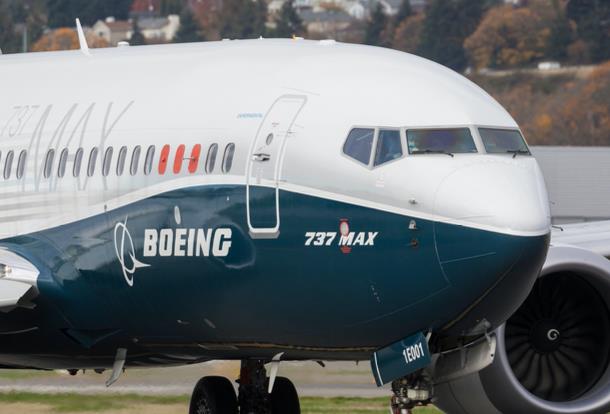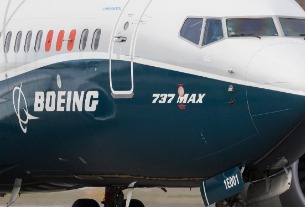The Asia-Pacific region is set to become the largest regional aviation market in the world within the next three years. And the current period of profound change and growth in the industry is a clarion call for travel agents, according to Abacus International. (9/6/2007)
The growth in the sector is being powered by rising incomes and Asia’s unique demographics, according to the travel facilitator.
“Changing airline models including the emergence of long -distance/low-cost models and the growing markets of India and China, supported by a resurgent Vietnam, are driving unprecedented levels of investment in aircraft, airports, hotels and will require ever higher levels of professionalism from all who work in the travel and tourism industry,” said Don Birch, President and CEO, Abacus International.
“Powered by unique demographics and the rising incomes of its 3.4 billion people, Asia-Pacific is on course to become the largest regional aviation market in the world within the next three years following a 30 percent increase in outbound leisure air travel in recent years.”
Despite a positive growth outlook, Asia’s travel agents are experiencing pressure from intense price competition among themselves as well as from competing purchasing channels such as online and supplier-direct options.
Birch said an Abacus survey of more than 1,000 Asian travel agents indicated that more than 20 percent intended to focus on high-margin, low volume customers to minimise their exposure to price wars. While some travel agencies have adopted new competitive strategies, travel agents ultimately need to align more closely with the traveller and partner with their GDS provider to target those sectors that provide the best yields and best prospects for growth, Birch said.
Over the past year Abacus has highlighted the rise of ‘outcome based’ travel – the increase in travelling ‘to achieve something’. This has given rise to immense opportunities among sectors as varied as medical tourism, ‘grey travel’, women travellers, Chinese travellers, corporate travel, and the SMERFS – a more budget-conscious cousin to MICE travellers who travel for social, military, education, religious and fraternity reasons.
Birch said, “As these travel trends demonstrate, the future belongs to travel agents who are willing to embrace the changes and differentiate themselves whether by brand, the products they specialise in or through the unique channels used to reach out to consumers.”
Boeing’s predictions through to 2025 put Asia-Pacific’s regional growth at 6.4 percent, second only to Latin America at 6.9 percent, while major carriers such as Singapore Airlines, Cathay Pacific, and many Chinese and Middle East carriers have all made substantial aircraft purchases which will come on line in the next five years, capping the eight percent increase in seat capacity in Asia Pacific added during 2006 alone, highlighted Abacus.
Asia’s hotels also enjoyed a stellar year in 2006, with a total of US$5.25 billion invested in new hotel developments, half of which were located in Macau, Beijing and Hong Kong. The bulging pipeline of hotel projects across Asia has spurred both governments and industry to provide diploma and tertiary courses in hospitality as the industry scrambles to find and develop enough skilled staff to manage to meet projected demand.
“In essence, this means that in the changing travel landscape, the travel agent has to ‘own the customer’ and be his/her advocate. This means managing complexities and travel spend for companies and leisure travellers, building confidence by securing the best deals for every occasion, mining the rich customer data already available on-hand and above all, being nimble, innovative and entrepreneurial,” added Birch. “The travel and tourism industry has traditionally been a major catalyst of economic growth. Alongside growth we have the responsibility to ensure that we build, and not damage, the communities that we develop.”
Looking ahead, Birch expects Asia’s travel industry to continue registering strong growth in the years ahead, fuelled by LCC expansion, rising incomes, and the advent of an ever-more ‘tech-connected’ traveller.
“More of Asia will also go online in the coming years, giving rise to the information-savvy and resourceful traveller with a wealth of information and choices at their fingertips. In such an environment , travel agents need to have foresight and be agile enough to succeed, leveraging the full benefits of current and emerging tools to reach out to more customers in more locations with more content,” he said.




